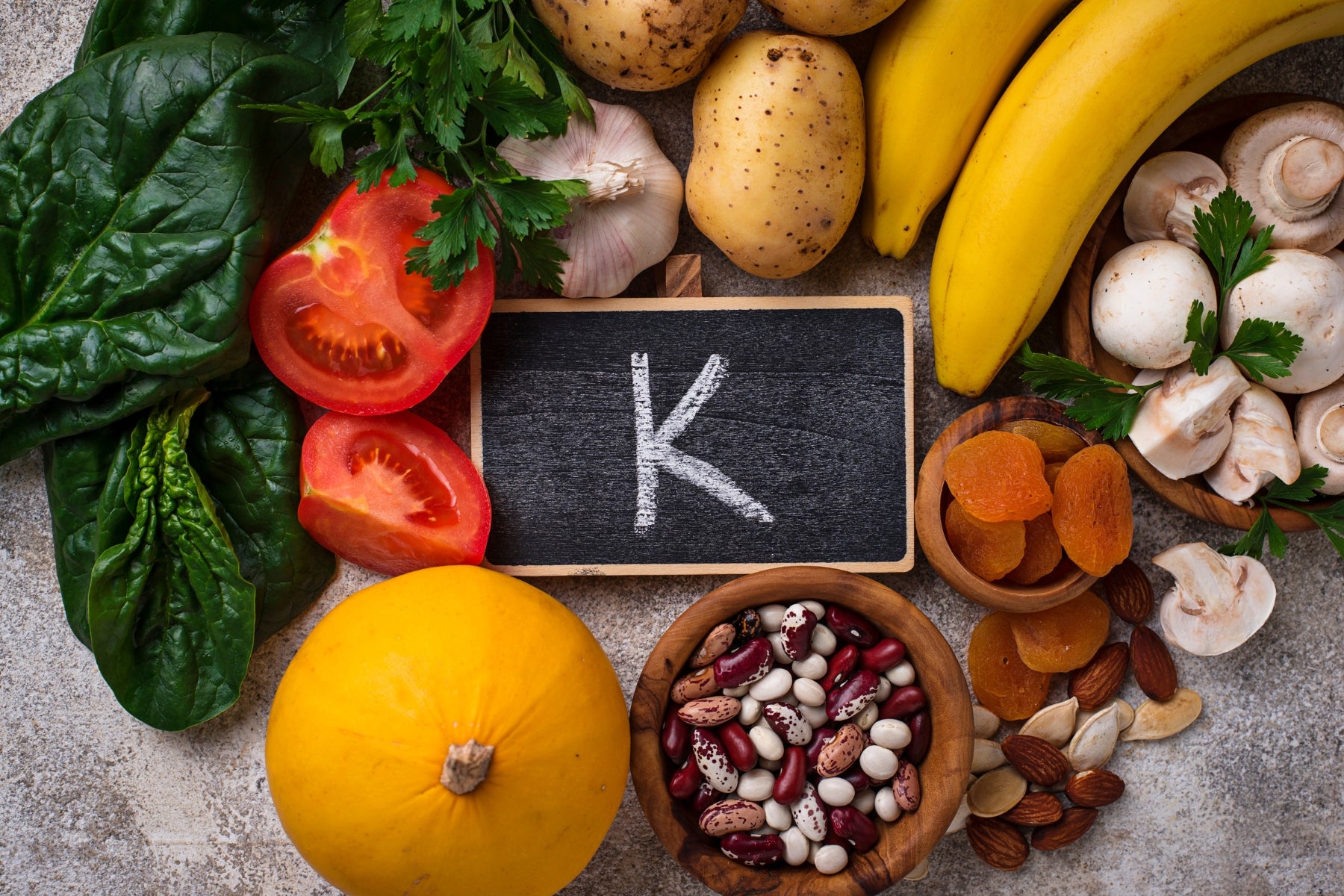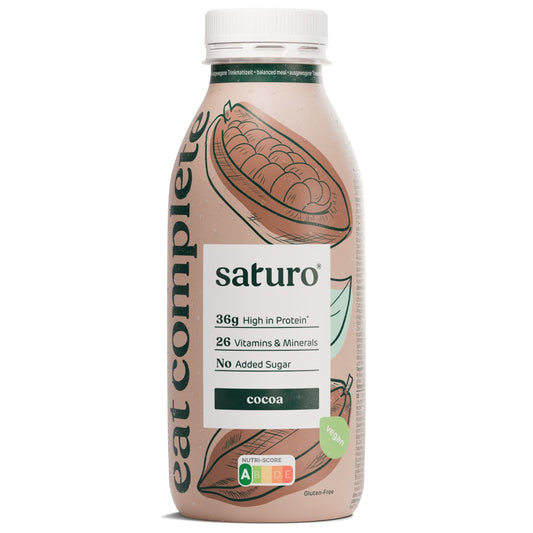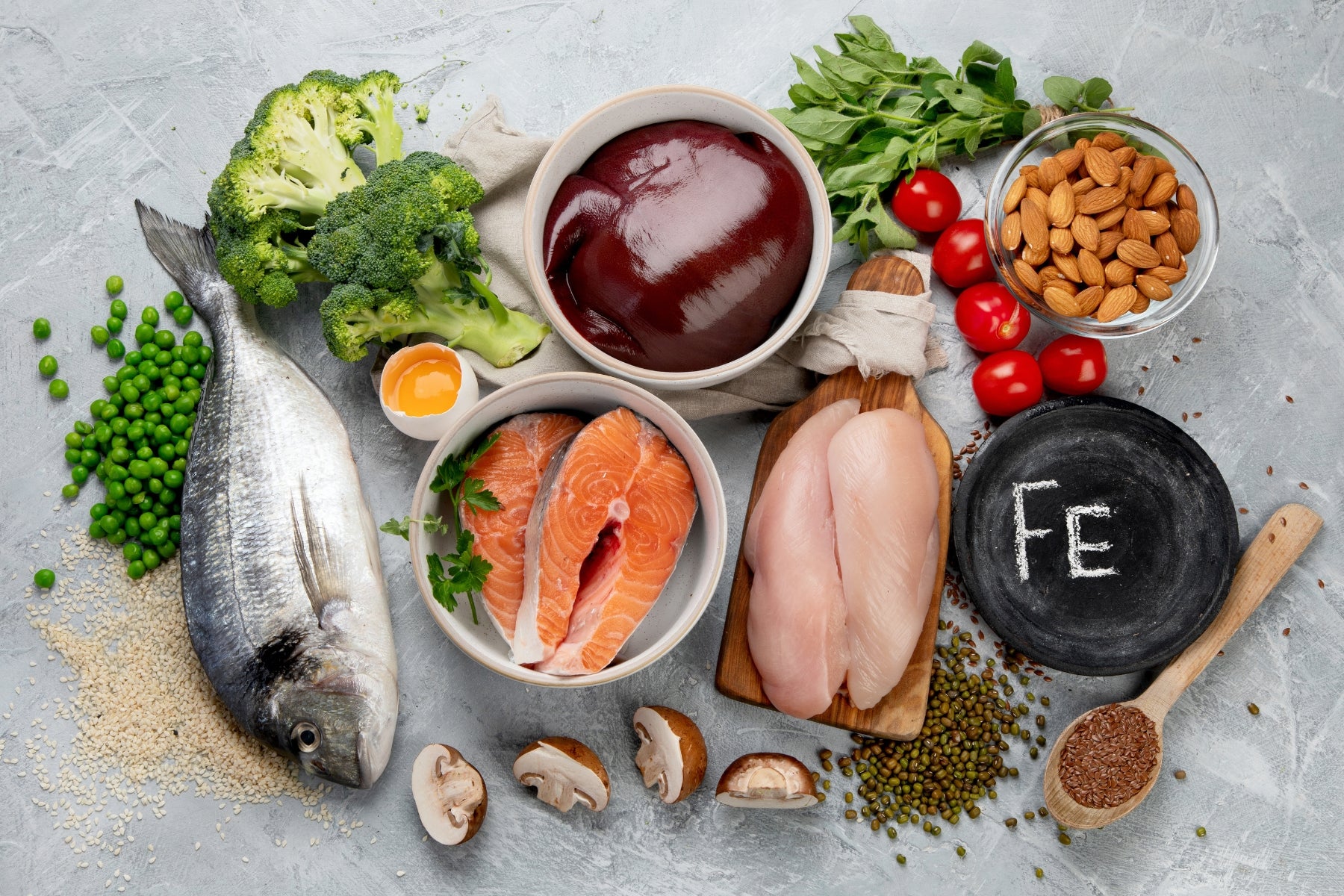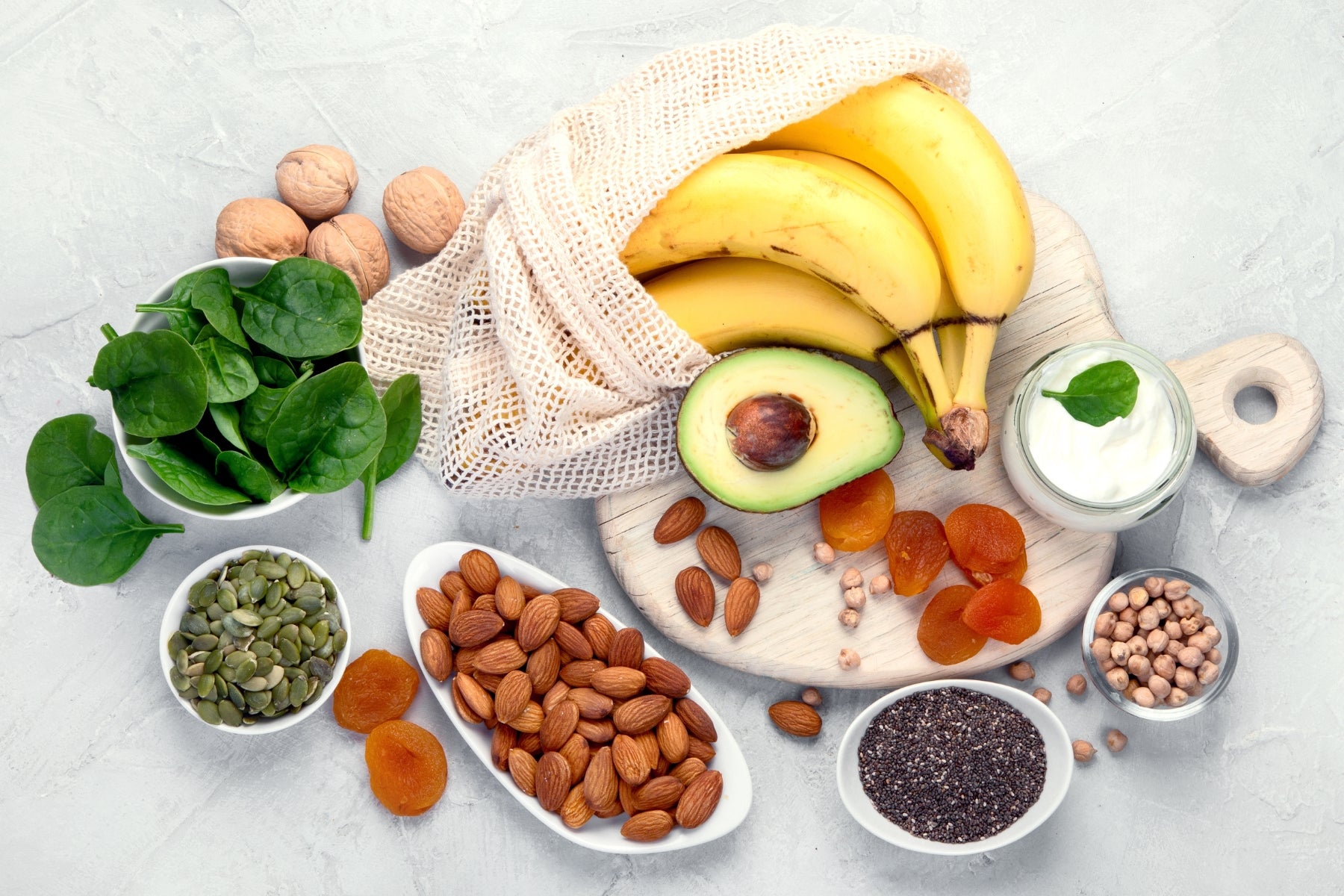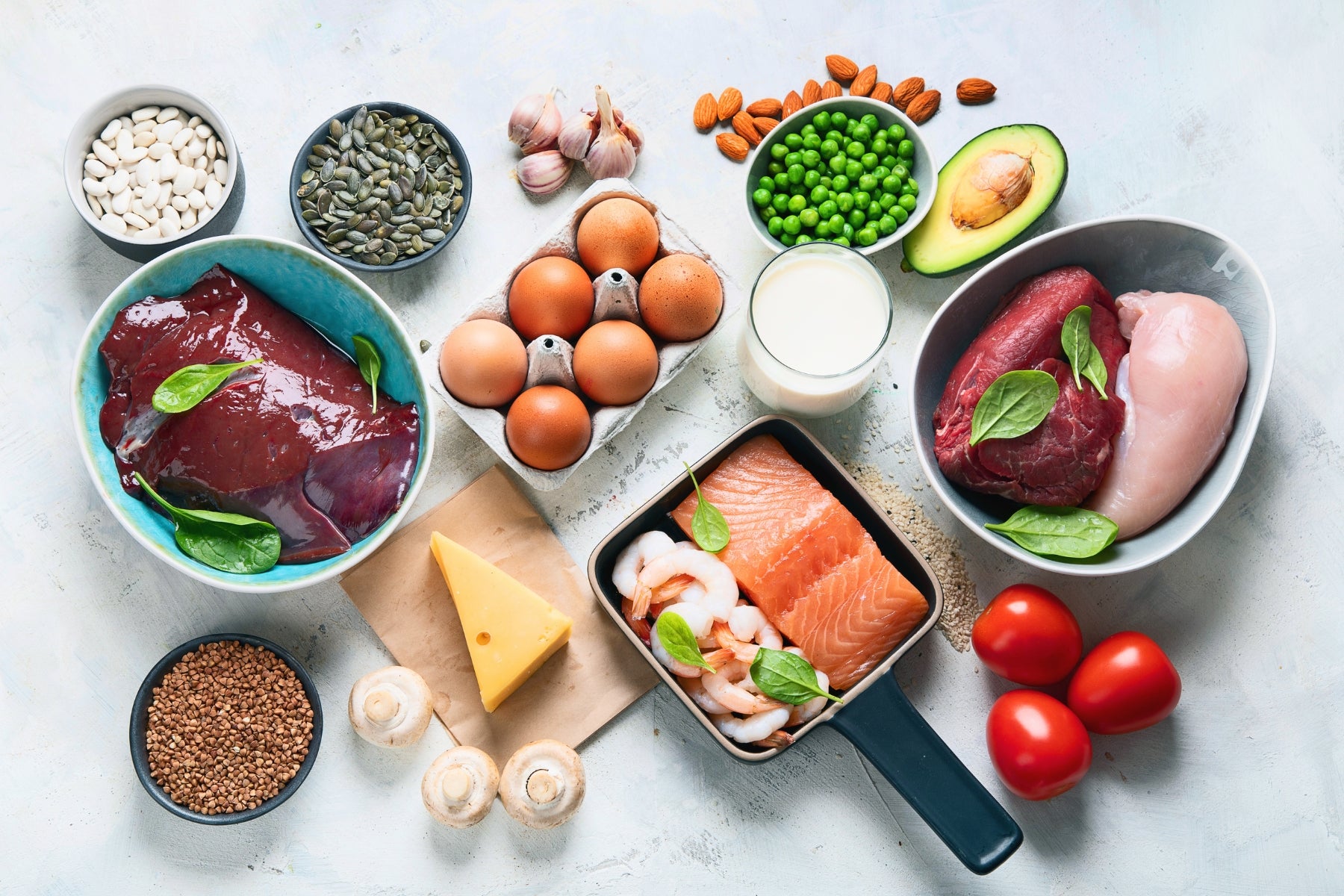Contents
1
What is potassium deficiency and how much potassium do you need every day?
2
Potassium deficiency symptoms
Potassium deficiency symptoms woman
Potassium deficiency symptoms psyche
3
Potassium deficiency self -test
4
Calium deficiency causes
5
Potassium in food
Vegan potassium sources (per 100 g)
Animal potassium sources (per 100 g)
Drinking meals against potassium deficiency
Contents
1
What is potassium deficiency and how much potassium do you need every day?
2
Potassium deficiency symptoms
Potassium deficiency symptoms woman
Potassium deficiency symptoms psyche
3
Potassium deficiency self -test
4
Calium deficiency causes
5
Potassium in food
Vegan potassium sources (per 100 g)
Animal potassium sources (per 100 g)
Drinking meals against potassium deficiency
